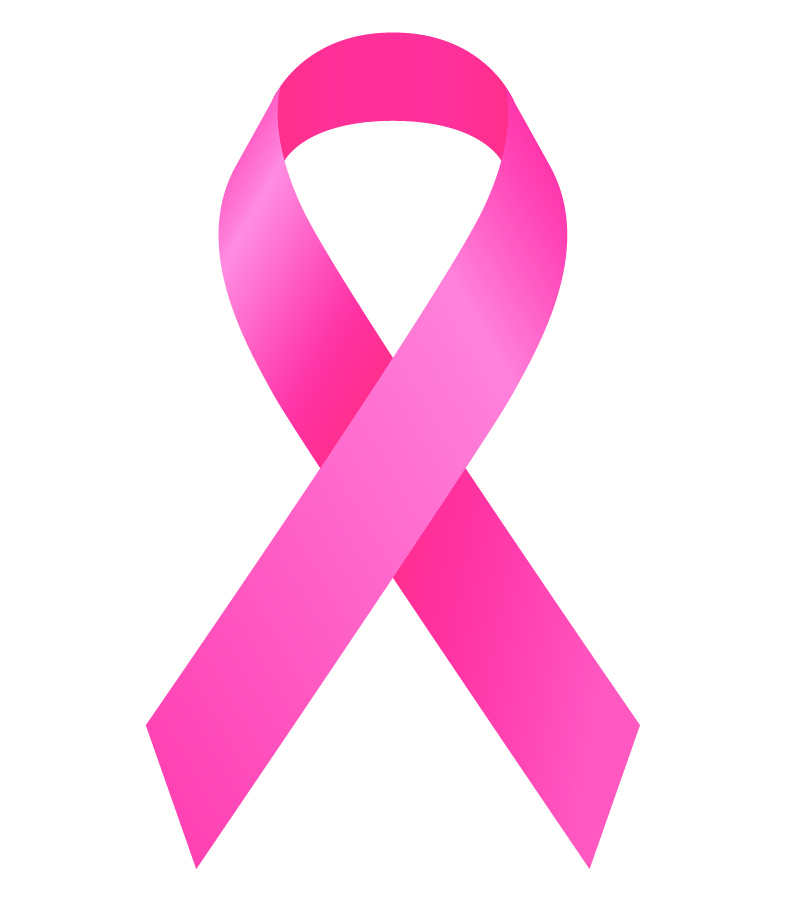Genetic Testing Can Assess Your Risk for Cancer

October 22, 2018
Genetic testing is becoming more common as women are completing the simple test to determine their risk for breast cancer. More companies offer the testing, more insurance plans provide coverage and test costs are coming down.
The screening looks at the BRCA1 and BRCA2 genes. When mutations occur within these genes, a woman’s risk of developing breast and ovarian cancer increases. Parents can pass on these mutations to their children. If a parent has a mutated gene, their children have a 50 percent chance of getting this gene.
Is genetic testing right for you? At Mankato Clinic, patients complete a risk assessment for hereditary cancer syndromes. Patients answer questions about relatives who have had breast or ovarian cancer. Based on your answers, your provider will recommend if genetic testing is right for you.
The U.S. Preventive Services Task Force recommends that primary care providers offer BRCA 1 and BRCA 2 screening for women whose family members have had breast, ovarian, tubal or peritoneal cancer. The goal is to determine if their family’s history indicates the possible presence of the gene mutations.
The screening is easily accessible. Patients can often do the screening on the same day as their visit or come back another time.
The next step is receiving the results. For patients with positive results, providers will discuss options to help reduce their risk for developing cancer. One option may be enhanced or increased screenings. This means mammograms or Pap tests will be done more often or sooner. Other options may include drug therapy or proactive surgery.
Many women also want this important genetic information for their children’s benefit. If the results are positive, family members should also get tested. Testing should be simpler and less costly because only a single, identified gene mutation needs to be tested.
While we are most familiar with genetic testing for breast cancer, it is recommended that patients choose the full panel which means the screening will determine the risk for breast and ovarian cancer. A comprehensive panel often tests for other rare genes that can cause breast or ovarian cancer.
While we may fear knowing our risks, knowledge brings power. Talk to your primary care provider or gynecologist if breast or ovarian cancer runs in your family. Genetic testing may be an option for you.
Know your risk – Family history is one risk factor. Almost 10 percent of women have a known gene mutation that increases their risk for breast cancer. More than 75 percent of women with breast cancer have no family history of the disease. All women are at risk. Do breast self-exams monthly. Beginning at age 40, get annual mammograms. Source: National Breast Cancer Coalition.